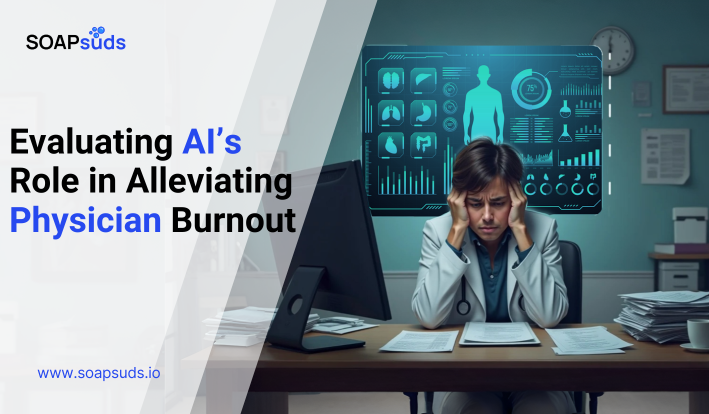AI Medical Scribes for Physicians – New Trends for Enhanced Patient Care
SOAPsuds team
Published: 3/21/2025
SOAPsuds team
Published: 3/21/2025

Feeling stressed from handling medical paperwork is common. AI transcription tools provide a smart way...

Medical coding plays an important role in ensuring accurate billing and clear communication between...

Many patients have experienced the confusion of trying to understand their doctor's medical notes...

Ambient clinical documentation is quietly changing how healthcare works. It acts like an unseen helper

The healthcare sector is facing a growing burnout problem, leading many doctors to leave...

Senior living providers face growing challenges as they care for a rapidly aging population, manage
Clinical Notes
SOAP notes
DAP notes
AI medical notes